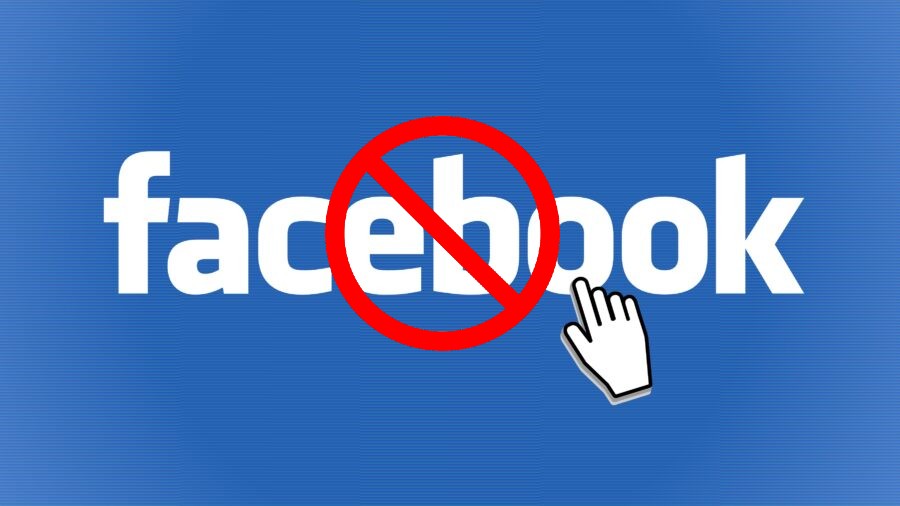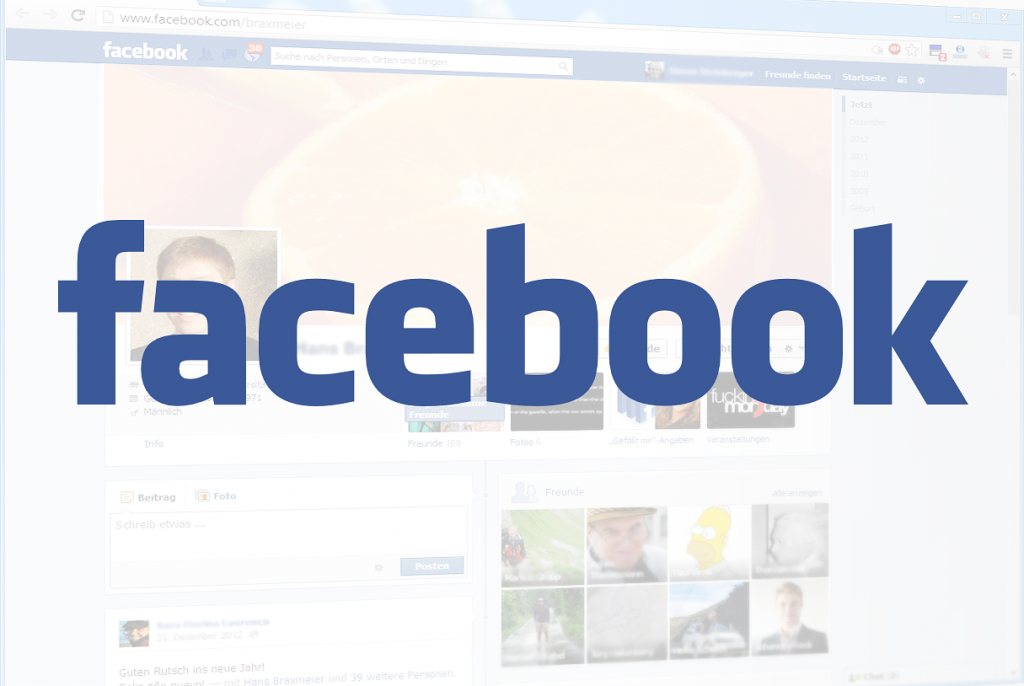Facebook’s Legal Troubles Are Getting Worse
Facebook's legal troubles are only continuing to worsen, putting the company in serious jeopardy.
This article is more than 2 years old

Facebook has become steeply embroiled in a vast array of legal troubles in recent years. Whistleblowers like Frances Haugen have been coming forth and accusing the social media giant of various disturbing allegations related to privacy, monopolistic practices, and an immense disregard for the safety and well-being of its user base. Ever since, regulators have stepped up to the plate to address the serious allegations. Many lawsuits have arisen against Facebook as a result, and it’s only getting worse for the social media giant.
One of the largest sources of contention for Facebook amongst all its legal troubles has been an antitrust lawsuit that was initially filed by the Federal Trade Commission (FTC) a couple of years prior. The suit alleged that Facebook, now Meta, had been executing anti-competitive and monopolistic business practices, hence, violating United States antitrust laws. However, a U.S. District Court Judge based in the District of Columbia, James Boasberg, ultimately ruled that the FTC had not provided sufficient evidence to support their claims.
The Judge’s initial ruling came as a welcome albeit temporary respite for Facebook, because along with the ruling Judge Boasberg detailed that the FTC could reopen the case should they establish sufficient evidence to support it. In August of 2021, the FTC moved to refile the suit, and on January 11, 2022, a Judge officially overturned Facebook’s motion to dismiss the allegations. The New York Times reported that the FTC’s antitrust case against Facebook is officially moving forward.

While the forward momentum of the antitrust case does not bode well for Facebook, it does signal movement in a positive direction for new laws to be put in place to better regulate tech giants like Facebook. For years, massive corporate technology entities like Amazon, Google, and Apple have largely been able to skirt major antitrust suits. This is because the tech world has evolved faster than the government could find ways to regulate it, which created massive disparities that those companies could use to circumnavigate the law. The fact that Facebook is finally being formally prosecuted serves as a glimmer of hope that the tides are finally beginning to turn, and those previously untouchable behemoths will now finally incur the rightful consequences of their publicly unjust practices.
However, just because the first steps in the right direction are finally being taken, doesn’t mean that it will be a quick and easy road to traverse. Bill Kovacic, a former chairman of the FTC, said that even though “The FTC case lives to see another day,” the agency still has many obstacles to face ahead. And Facebook will certainly not go down without a fight.
In response to the renewed allegations, Chris Sgro, a spokesman for Meta, asserted that the Federal Trade Commission’s claims lack merit. “We’re confident the evidence will reveal the fundamental weakness of the claims.” Sgro continued to highlight that Facebook has invested in its platforms, including Instagram and WhatsApp, in ways that promote healthy competition amongst other businesses.
Despite Facebook’s confidence that they will walk away unscathed, the data acquired by the FTC to support its antitrust suit is very telling. The FTC complied statistics via the data analysis firm Comscore. The statistics revealed that Facebook’s social media market share clocks in at over 70% and in some markets that number has climbed as high as 98%. At this point, however, whether Facebook will ultimately be found guilty of antitrust or not remains in the hands of the United States Judiciary.




